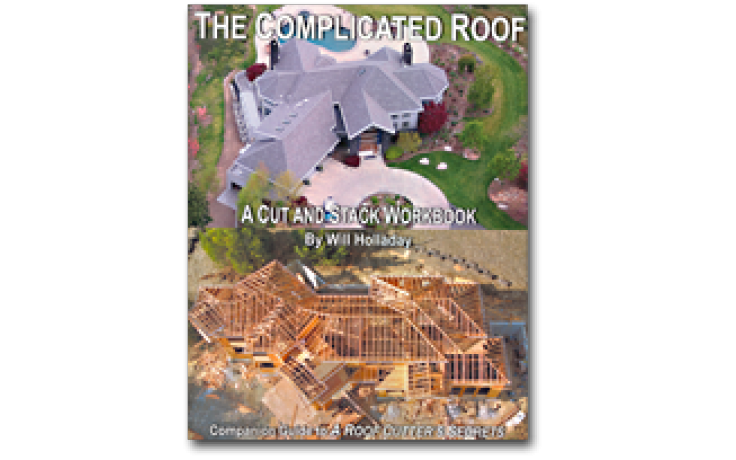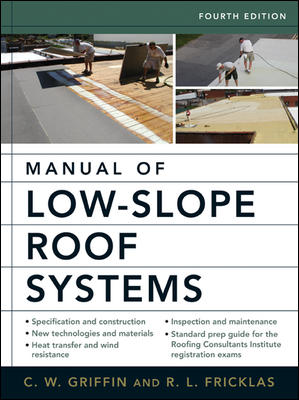Florida Legislation is a Concern for the Roofing Industry

Photo by Ameer Basheer on Unsplash.
Two bills currently being debated in the Florida House and Senate are concerning for consumers, but they should also be sounding an alarm for the roofing industry. Both bills have sparked controversy within the industry. As the Florida Legislative session began, Senate Bill 76 and House Bill 305 were essentially companion bills. However, the House bill has undergone recent revisions that have altered some of its focus.
SB 76 would permit insurers to provide homeowners insurance policies that reduce coverage on roofs 10 years old or older based on the type of roof. The applicable roof surface reimbursement schedule would provide substantially lower coverage for shingle roofs, as low as 25% of the replacement cost value. In the aftermath of a hurricane, tornado, or other devastating weather event, homeowners would be required to pay out thousands of dollars to fix their roofs, with the fundamental goal of making their homes livable again.
The 10-year age limit is illogical — most shingle roofs have a 20-year-plus life, while tile and metal roofs can last as long as 50 years. Therefore, this bill would essentially penalize homeowners for adequately maintaining their roofs, and when those homeowners need help replacing damaged roofs, their insurance policies — which they have dutifully paid over the years — would be fairly useless.
This bill would also revise Florida law so that in most cases, legal fees in property insurance suits would no longer be awarded through the current contingency fee multiplier method, which compensates attorneys for taking on these cases on a contingency basis. Instead, legal fees would be awarded using a lodestar method. This method provides for the number of hours an attorney “reasonably” spends on a trial, along with a “reasonable” hourly rate. The bill would also mandate that claimants provide at least 60 days’ notice to insurance carriers prior to filing lawsuits against them. In such notices, claimants would be required to include their demands, the alleged acts or omissions of their insurers, and reasonable attorney’s fees using the lodestar fee calculation.
These restrictions can make it difficult for policyholders to afford legal counsel and effectively fight their claims in court. In general, supporters of this bill blame increased lawsuits for increased insurance premiums and rising construction costs. Opponents assert that policyholders have no choice but to go to court when their insurers do not adequately pay out their claims.
Initially, HB 305 was similar to SB 76 but did not include the claimant notice requirement. In recent weeks, the bill has been revised to exclude the limited roof coverage schedule and the attorney fee stipulations. However, the bill includes other limits that affect certain segments of the industry. It would prohibit contractors from soliciting homeowners to file an insurance claim, interpreting insurance policy provisions for homeowners, or advising the homeowners on their policies. Contractors would also be prohibited from offering incentives to homeowners who allow them to inspect their roofs or make insurance claims for roof damage. In addition, both SB 76 and HB 305 call for reducing the deadline to file a claim from three years to two years.
As of mid-April, the Senate had approved SB 76, but the House was still discussing HB 305. If lawmakers approve it, the bills would need to be reconciled. Then the amended legislation would have to be passed and signed.
It is unclear what version of these bills will ultimately be passed, if at all, and forwarded to Governor DeSantis for his signature. But the very fact that these issues and limitations are being debated in Florida should be worrisome for the entire country. If Florida insurers can offer lesser coverage for older roofs, other states’ insurers may follow suit. The same is true regarding restraints on roofing contractors’ actions and caps on legal fees. It seems as though this legislation would greatly benefit insurance companies, but it would result in more obstacles for roofing contractors and fewer protections for homeowners.
While insurance fraud in the industry continues to be an issue and needs to be regulated and reduced, the concern from many roofing contractors is that targeted legislation restricting the actions of roofing contractors may have unintended consequences and expand beyond the plain reading of the bills.
Disclaimer: The information contained in this article is for general educational information only. This information does not constitute legal advice, is not intended to constitute legal advice, nor should it be relied upon as legal advice for your specific factual pattern or situation.
Looking for a reprint of this article?
From high-res PDFs to custom plaques, order your copy today!










